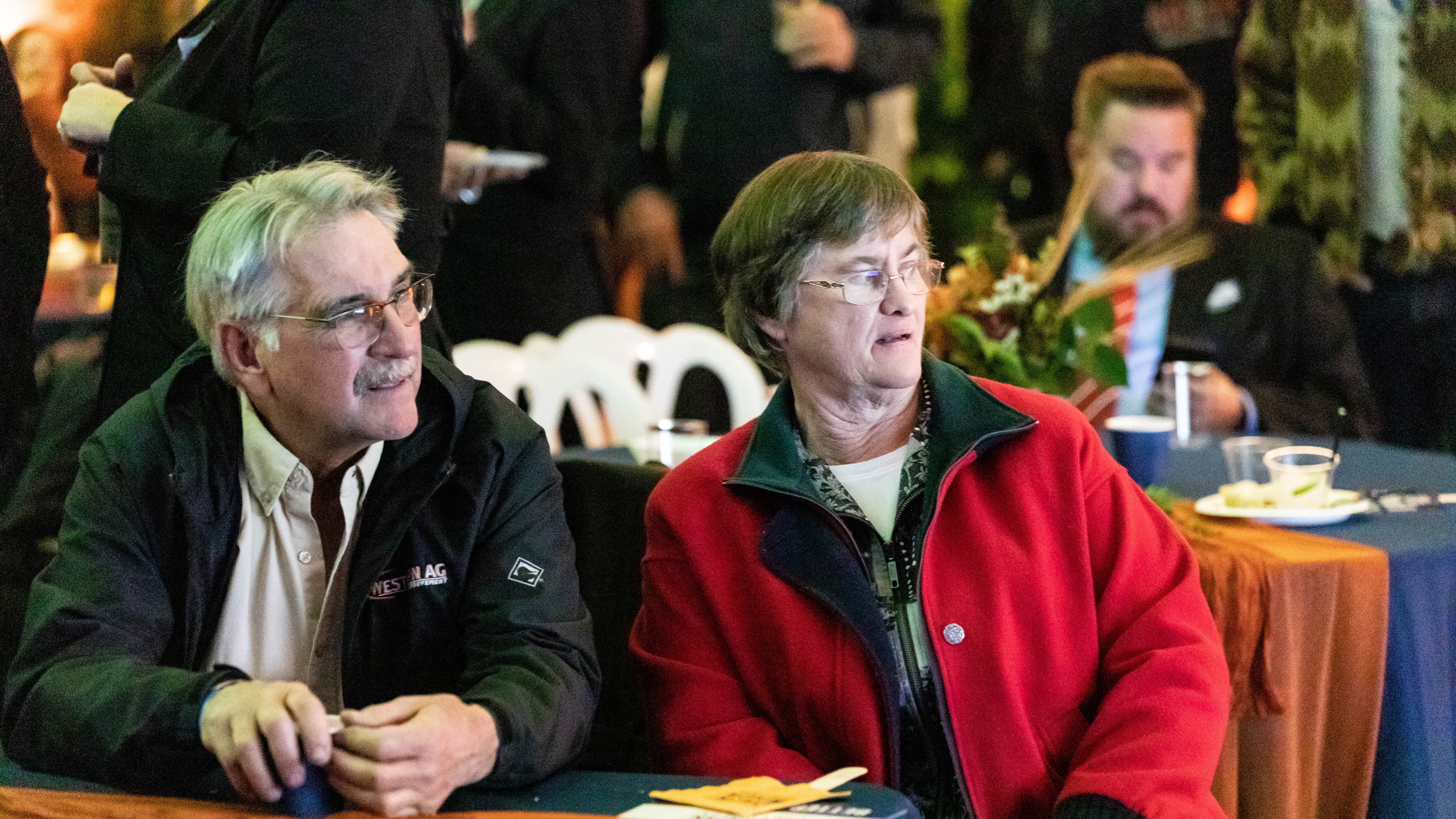The wonky question of how Oregonians should fill out their ballots is generating a lot of support from proponents of ranked-choice voting.
In just the past week, the Yes on Measure 117 campaign has disclosed more than $3 million in new contributions, bringing the campaign total to nearly $4.1 million so far. In contrast, the only campaign registered on the “no” side of the measure, Concerned Election Officials, which represents 16 county elections clerks who oppose the measure, has raised just over $1,000.
Measure 117 is a referral from the Legislature. Starting in 2028, it would require counties to adopt ranked-choice voting for federal elections and statewide elections of Oregon officials (but not legislators). Benton County adopted ranked-choice voting in 2016 and cities, including Minneapolis, New York and San Francisco, and the states of Alaska and Maine have as well. The city of Portland will use a form of ranked-choice voting in November, and Multnomah County will begin using it in 2026.
Under the proposal on the ballot in November, voters would rank their choices in an election. If any candidate receives a majority in the first round of counting, that candidate wins. If not, the lowest-ranked candidate is eliminated and their votes are distributed to whichever candidate they ranked second. The votes are then recounted and the process repeated until a candidate gets a majority.
Proponents say ranked-choice voting increases voter and candidate participation, moderates partisanship, and reduces wasted votes. Opponents, who include advocates for other forms of voting and many Republicans, disagree.
The leading proponents of ranked-choice voting in this state, a 501(c)(4) nonprofit called Oregon Ranked Choice Voting Advocates, is also the biggest contributor to the Yes on Measure 117 campaign—having given $3.75 million so far.
Under Internal Revenue Service rules, 501(c)(4) nonprofits do not have to disclose their donors—which is why they are sometimes called “dark money” operations, although they may do so if they choose.
Given that the Yes on Measure 117 campaign is seeking to make a significant change to the way Oregonians vote, WW asked for more information about the sources of the millions flowing into the effort. Campaign spokeswoman Caroline Phillips said the money is coming from national nonprofits who work on various good government policies.
“Oregon Ranked Choice Voting Advocates has been working for years developing what is now Measure 117, alongside a coalition that has grown to over 125 organizations,” Phillips said. “The nonpartisan foundations that support our work focus on ending gerrymandering, regulating money in politics, and election reforms like Measure 117—include Article IV, Unite America, and FairVote nationally, in addition to local nonpartisan foundations, labor unions, community organizations, and hundreds of Oregon voters supporting through their time and money. The Yes on 117 PAC is also funded by Democracy Fund Voice, whose mission is to create an inclusive, representative democracy.”
Ballots for the Nov. 5 general election will be mailed later this week.

